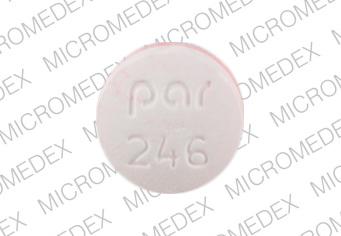Aspirin/carisoprodol and Alcohol/Food Interactions
There is 1 alcohol/food/lifestyle interaction with aspirin / carisoprodol.
Carisoprodol Food/Lifestyle
Moderate Food Interaction
Consumer information for this interaction is not currently available.
GENERALLY AVOID: Alcohol may potentiate some of the pharmacologic effects of CNS-active agents. Use in combination may result in additive central nervous system depression and/or impairment of judgment, thinking, and psychomotor skills.
MANAGEMENT: Patients receiving CNS-active agents should be warned of this interaction and advised to avoid or limit consumption of alcohol. Ambulatory patients should be counseled to avoid hazardous activities requiring complete mental alertness and motor coordination until they know how these agents affect them, and to notify their physician if they experience excessive or prolonged CNS effects that interfere with their normal activities.
Switch to professional interaction data
Aspirin/carisoprodol drug interactions
There are 662 drug interactions with aspirin / carisoprodol.
Aspirin/carisoprodol disease interactions
There are 12 disease interactions with aspirin / carisoprodol which include:
- coagulation
- porphyria
- asthma
- GI toxicity
- renal dysfunction
- Reye's syndrome
- drug dependence
- renal/liver disease
- anemia
- dialysis
- G-6-PD deficiency
- hepatotoxicity
More about aspirin / carisoprodol
- aspirin/carisoprodol consumer information
- Check interactions
- Compare alternatives
- Reviews (19)
- Drug images
- Side effects
- Dosage information
- During pregnancy
- Drug class: skeletal muscle relaxant combinations
Related treatment guides
Drug Interaction Classification
| Highly clinically significant. Avoid combinations; the risk of the interaction outweighs the benefit. | |
| Moderately clinically significant. Usually avoid combinations; use it only under special circumstances. | |
| Minimally clinically significant. Minimize risk; assess risk and consider an alternative drug, take steps to circumvent the interaction risk and/or institute a monitoring plan. | |
| No interaction information available. |
See also:
Further information
Always consult your healthcare provider to ensure the information displayed on this page applies to your personal circumstances.


